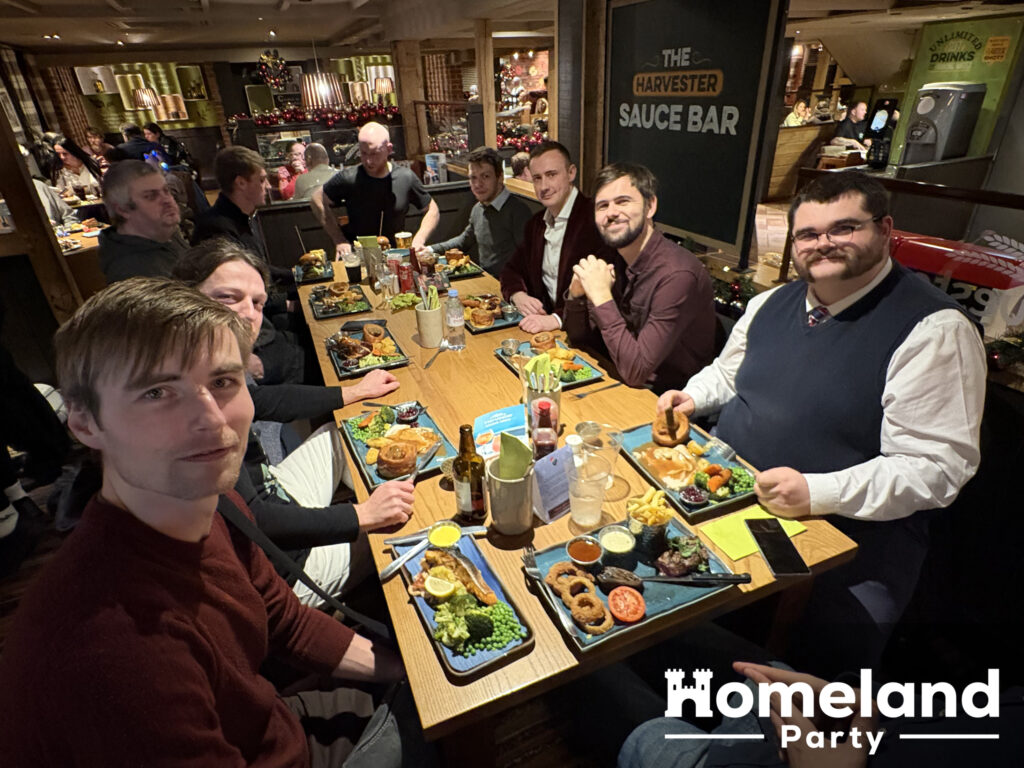A teenager who spray painted Nazi symbols on a Windrush memorial has been jailed for a year and a half.
Aristedes Haynes, 17, who was kicked out the army cadets for posting pictures of himself with a swastika on his chest, had fantasised about making a gun and killing an Asian schoolboy, admitted a string of terror offences and criminal damage in June.
Mr Justice Jeremy Baker said Haynes’ essentially became self-radicalised and held ‘entrenched’ racist, antisemitic and homophobic views.
He was banned from Instagram for posting racist and nazi images last year roundabout the same time he set off a smoke bomb at a venue in Cardiff which holds LGBTQ events.
After being arrested for the smoke bomb incident, Police searched his house and found a collection of knives, an air rifle, a collection of “anti-Semitic “books, a copy of mein kampf, flags bearing Ku Klux Klan symbology and notes he had written.
The raid also discovered that his phone and laptop contained search results for extremist groups and documents on how to derail trains, attack power lines and kidnap, whilst his video logs and diary documented how he wanted a race war and to kill someone.
He pled guilty to two counts of possessing a terrorist document, three counts of distributing said documents and three charges of criminal damage.
Now, whilst we see headlines that read “Teen jailed for spraying swastika” or online content creators doom-mongering about free speech and how this lad has been overly persecuted because he’s “far right”, let’s look at a few things.
Firstly, in the eyes of the law, he was initially arrested for the smoke bomb and graffiti, two charges which put him in contact with the authorities on their own.
Following the incident, the 17-year-old Haynes was subjected to intense scrutiny. This allowed law enforcement to delve deeper into his motives and beliefs. As revealed by the investigation, his actions were, at best, misguided and misinformed.
It’s a complex issue – what is the best course of action for a 17-year-old boy from England struggling to find a purpose in life? This problem is rooted in the British state and has gradually eroded any sense of collective identity or belonging for individuals with shared heritage and history.
The effects of this erosion are evident in the challenges faced by young people who feel disconnected from their roots and uncertain about their place in society. We must address this issue and find ways to help young people like this who are searching for a meaningful path forward in life.
In today’s world, where liberal platitudes and individualism focused on materialism seem to dominate the narrative, it is essential to look beyond these surface-level beliefs and question what they truly offer. If we examine these beliefs more closely, they provide very little substance, leaving generations of English, Scottish, Welsh, and Irish children vulnerable to extremism and manipulation.
It is commonly said that someone who believes in nothing will fall for anything. In this case, the lack of a more profound sense of purpose or values can make individuals more susceptible to extremist ideologies and manipulation by those who seek to exploit their vulnerabilities.
Therefore, we must encourage a more nuanced understanding of the world and our place in it, one that goes beyond individualism and materialism. By instilling a sense of purpose and values in our children, we can help them resist the pull of extremism and manipulation and build a better, more cohesive society for future generations.
The story teaches us an important lesson: the current progressive policies adopted by the state are causing harm to our fundamental values and identities, which are integral to our sense of belonging and national unity. As individuals, we must take action to address this issue.
Firstly, we need to recognise that causing harm to others is never a solution to any problem. Secondly, instead of resorting to acts of vandalism, violence, or immature behaviour online, we should try to engage with our local community and work towards improving it. This means actively participating in community initiatives, volunteering for local charities, and supporting local businesses. Doing so strengthens our sense of community and reaffirms our identity and values as a society.


